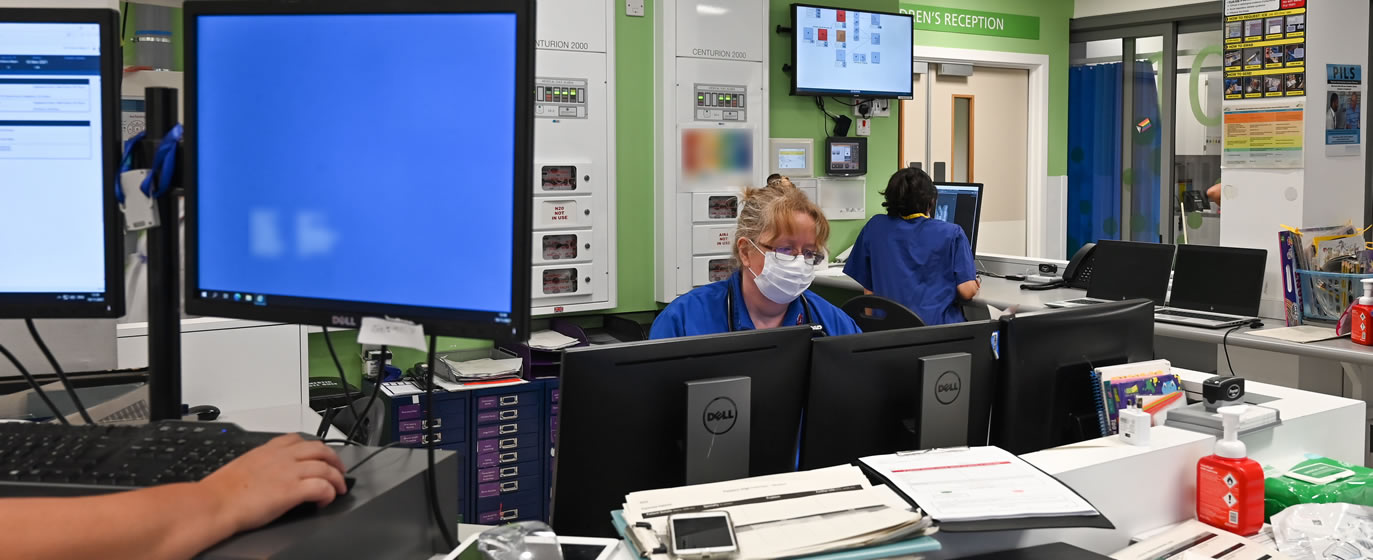
Credentialing is a process whereby individuals provide evidence to demonstrate that they have achieved defined competencies.
Credentialing is a process whereby individuals provide evidence to demonstrate that they have achieved defined competencies. In the case of the Emergency Medicine ACP Curriculum, ACPs (predominantly nurses and paramedics working in emergency care) will use an e-portfolio to collect evidence against each requirement in the Emergency Medicine ACP curriculum. A trained panel will assess the evidence to decide whether the trainee ACP has achieved the defined competences required in the curriculum.
Benefits of ACP credentialing are as follows:
Further information can be found in the ACP Guide to credentialing and by reading the curriculum.
Whilst the curriculum has been co-produced by Health Education England and The Royal College of Emergency Medicine, it is available to applicants across the UK subject to approval by their employer.
Yes, it is a mandatory requirement for ACPs who wish to be credentialed to have an ePortfolio and be registered as an associate with The Royal College of Emergency Medicine. Access to ePortfolio is a membership benefit and no separate charge is made.
ACPs need to complete the online application form available on the RCEM website. To access the application form and to obtain more information about the fees and process, please visit our membership pages.
The majority of evidence should be within 36 months; however some evidence would be accepted if it is within 5 years and is accompanied by reflection on the progression of your skills in those 5 years. Likewise, if you have achieved courses that remain valid and ‘in-date’, then the relevant certificates may be uploaded to demonstrate achievement/competence. Where there is a clear expiry date, this is applicable and cannot be extended (e.g. ALS).
No, credentialing processes and revalidation processes are two separate stand-alone processes; however, evidence can be used across both processes. It is noted however that healthcare professionals, once they have obtained a specific, defined scope of practice, are accountable within the defined scope of practice. Accordingly, it is the responsibility of those credentialed to be able to account to the roles and responsibility they undertake and keep up to date with the requirements of the job.
We are aware that some ACPs are currently having difficulty in accessing mandatory life support courses. If you are intending to submit a credentialing application, and you have been unable to certify or re-certify in any of the mandatory life support courses, you will still be able to apply providing you are able to provide evidence of a place allocated on a course within 6 months of the credentialing date. If you are successful in your credentialing application, the credential will be approved once evidence is received of successful completion of the life support course in the College office.
